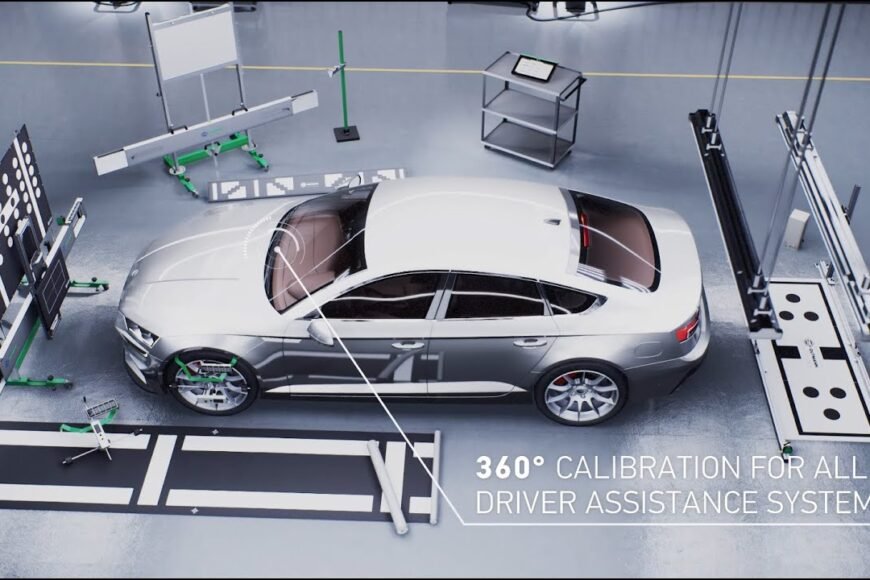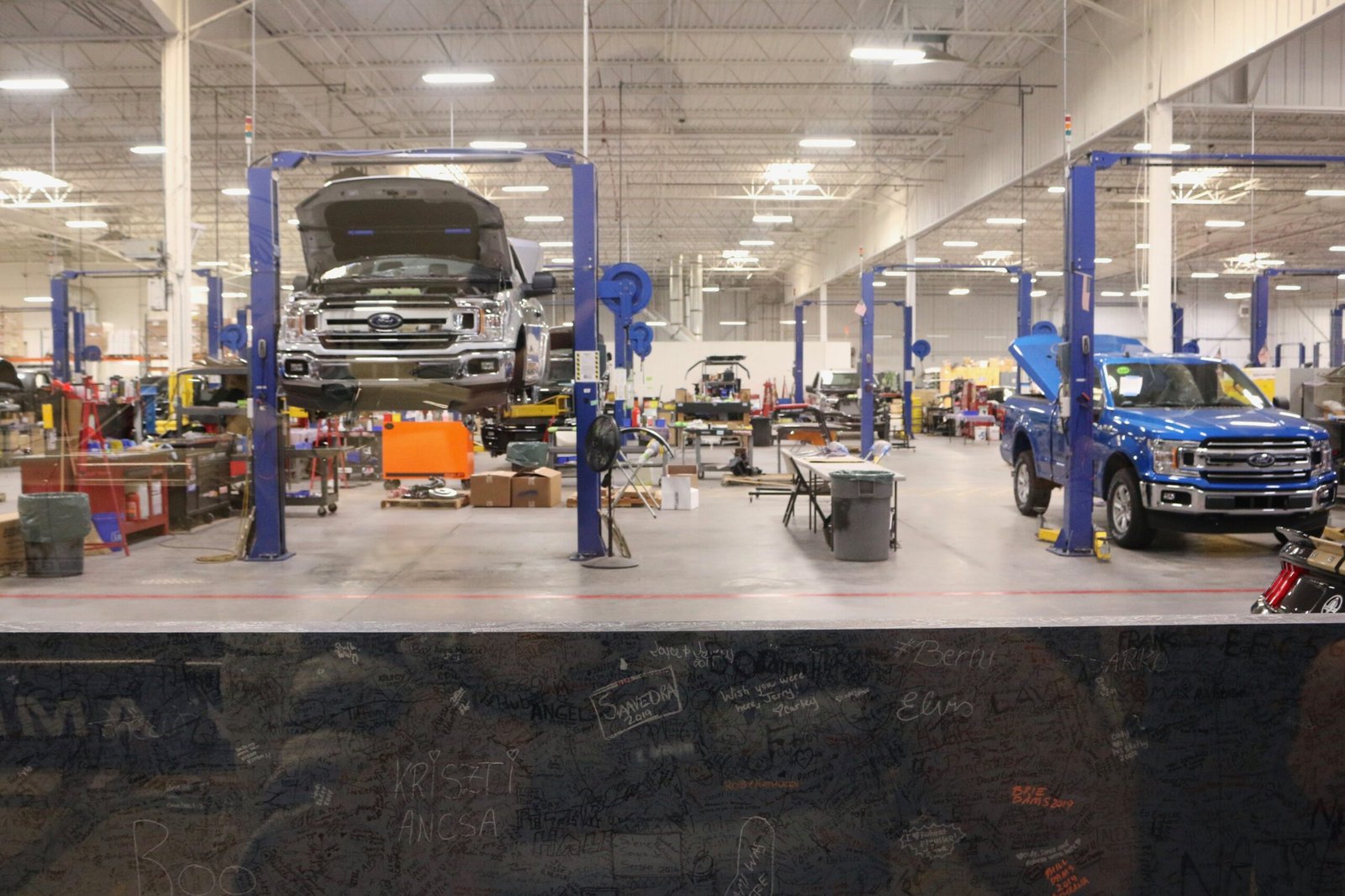- 17 December 2023
- By autobodyrepairinportland.com
- In Automotive
- Tags ADAS calibration, Advanced Driver Assistance Systems, vehicle safety
- 119
- 1

ADAS (Advanced Driver Assistance Systems) have become increasingly common in modern vehicles, providing drivers with enhanced safety features and improved driving experiences. These systems rely on a combination of sensors, cameras, and radar technology to assist drivers in various ways, such as collision avoidance, lane departure warnings, and adaptive cruise control.
However, for ADAS to function accurately and effectively, proper calibration is crucial. Calibration ensures that the sensors and cameras are correctly aligned and calibrated to provide accurate data and reliable performance. Without calibration, the ADAS systems may not work as intended, potentially leading to false alerts, reduced functionality, or even complete failure.
After an accident, whether it is a minor fender bender or a major collision, it is essential to have your vehicle’s ADAS recalibrated. Here are a few reasons why:
An accident can cause misalignment or damage to the sensors, cameras, or other ADAS components. Recalibration ensures that these components are realigned and functioning correctly. By recalibrating the ADAS, you can restore the accuracy and functionality of the system, allowing it to provide the intended safety benefits.
ADAS systems are designed to assist drivers in avoiding collisions and maintaining safe driving conditions. However, if the sensors and cameras are not properly calibrated after an accident, they may provide inaccurate information or fail to detect potential hazards. This could compromise the safety of both the driver and other road users. Recalibrating the ADAS after an accident helps ensure that the system can accurately detect and respond to potential dangers.
Many vehicle manufacturers recommend ADAS recalibration after an accident to maintain the vehicle’s safety standards and warranty coverage. Failure to follow these recommendations may void any warranty claims related to the ADAS system. By having your ADAS recalibrated by an iCar certified professional, you can ensure compliance with manufacturer guidelines and protect your warranty coverage.
If your vehicle requires new electrical parts to be installed after an accident, such as a new sensor or camera, it is crucial to recalibrate the ADAS system. New parts may have different specifications or alignment requirements, and without recalibration, the system may not recognize or utilize these new components properly. Recalibrating the ADAS ensures that the system can effectively integrate and utilize any newly installed electrical parts.
As an iCar certified service provider, we have the expertise and knowledge to assist you with ADAS calibration and coding of new electrical parts. Our experienced technicians understand the intricacies of various ADAS systems and can ensure accurate calibration to restore the functionality and safety of your vehicle.
By choosing our services, you can have peace of mind knowing that your ADAS system will be recalibrated according to manufacturer guidelines and industry standards. We prioritize the safety and satisfaction of our customers, and our commitment to excellence is reflected in our iCar certification.
Don’t compromise on the safety and performance of your ADAS system. Contact us today for professional ADAS calibration services and ensure that your vehicle’s advanced safety features are functioning optimally.






1 COMMENT
Wise Guy Autos
9 April 2025, 09:29 REPLYThis is such an important topic that many drivers overlook. With so many vehicles now equipped with ADAS features, recalibrating after a collision is absolutely critical—not just for performance but for safety. I had no idea that even a minor bump could throw off systems like lane assist or adaptive cruise control. Thanks for breaking it down so clearly. More awareness around this can definitely help prevent future accidents!